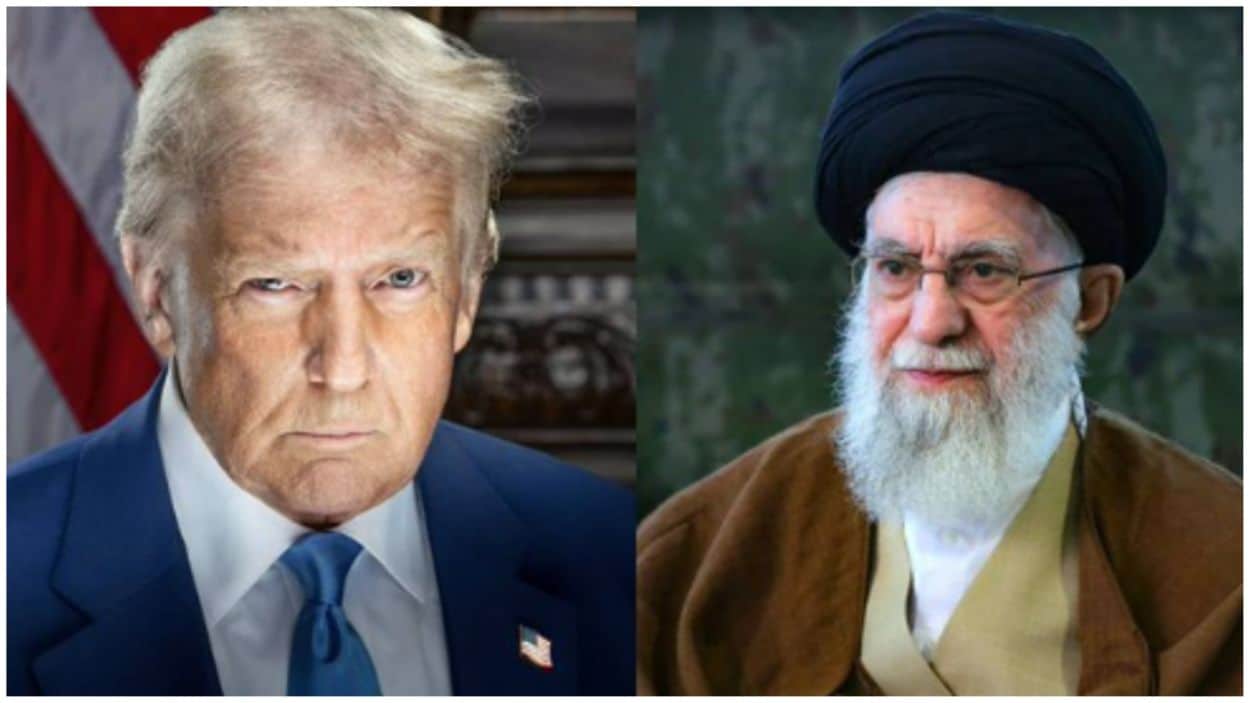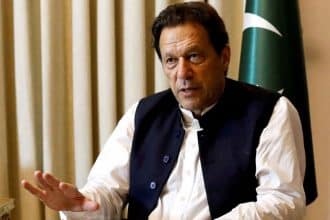On June 23, 2025, U.S. President Donald Trump announced a ceasefire agreement between Israel and Iran, potentially ending a 12-day conflict that displaced millions in Tehran and raised fears of a broader Middle East war. However, hours later, Israel reported detecting missiles launched from Iran, casting uncertainty over the deal.
Trump revealed the ceasefire on his Truth Social platform, praising both nations for their “stamina, courage, and intelligence” in seeking to end what he called “The 12-Day War.” A senior White House official confirmed that Trump had broken the deal during a call with Israeli Prime Minister Benjamin Netanyahu.
According to Reuters, Qatar’s Prime Minister Sheikh Mohammed bin Abdulrahman Al Thani also played a key role in securing Tehran’s agreement.
U.S. Vice President JD Vance, Secretary of State Marco Rubio, and special envoy Steve Witkoff facilitated direct and indirect talks with Iranian officials. The agreement reportedly allows both sides to complete ongoing operations before a staged ceasefire begins.
Despite Trump’s announcement, the Israeli military reported missile launches from Iran early on June 24, 2025. “Defensive systems are intercepting the threat,” the Israel Defence Forces stated. Israel issued evacuation warnings in Tehran on Monday and Tuesday, signalling continued hostilities.
Iran’s Foreign Minister Abbas Araqchi stated Tehran would halt its response if Israel ceased its “illegal aggression” by 4 a.m. Tehran time (0030 GMT) on Tuesday. No Israeli attacks have been reported since. However, Araqchi emphasised that Iran’s final decision on military operations would come later.
As Iran has repeatedly made clear: Israel launched war on Iran, not the other way around.
As of now, there is NO "agreement" on any ceasefire or cessation of military operations. However, provided that the Israeli regime stops its illegal aggression against the Iranian people no…
— Seyed Abbas Araghchi (@araghchi) June 24, 2025The conflict intensified after Israel, supported by U.S. forces, targeted Iran’s nuclear facilities, alleging Tehran was nearing nuclear weapon capability. Iran denies pursuing nuclear weapons, with Supreme Leader Ali Khamenei asserting that world leaders “couldn’t stop us” if Iran chose to develop them. U.S. intelligence agencies, however, maintain Iran is not actively building a nuclear weapon, a stance unchanged as of last week, per Reuters.
Israel’s strikes also hit Tehran’s Evin prison and other targets, aiming to weaken Iran’s ruling apparatus. The U.S. used 30,000-pound bunker-buster bombs on Iranian nuclear sites, with Vice President Vance claiming the strikes rendered Iran “incapable of building a nuclear weapon.”
Global markets responded positively to the ceasefire news. S&P 500 futures rose 0.4% on Monday, signalling optimism for U.S. stock market gains. U.S. crude futures dropped to a one-week low, reflecting eased concerns over oil supply disruptions.
Despite diplomatic progress, the region remains volatile. Israeli officials signalled a desire to conclude their campaign in Iran, while Netanyahu urged ministers to avoid public statements. Iran’s attack on a U.S. air base, which caused no injuries, was described by Trump as a “weak response” that was “effectively countered.”






